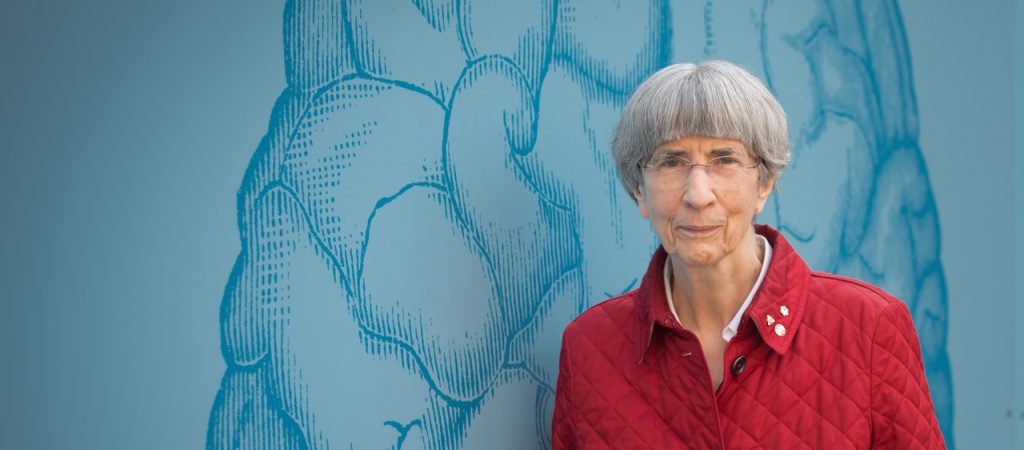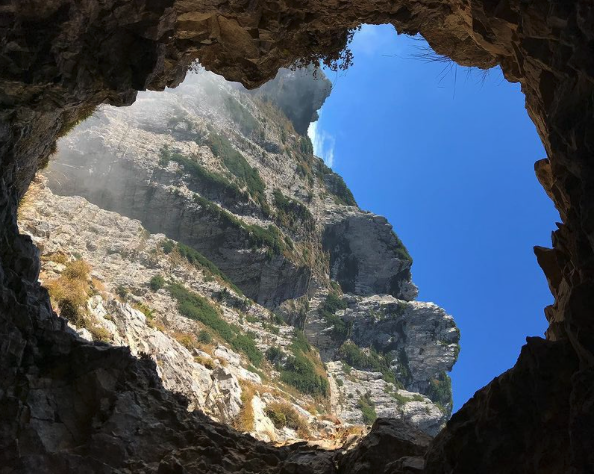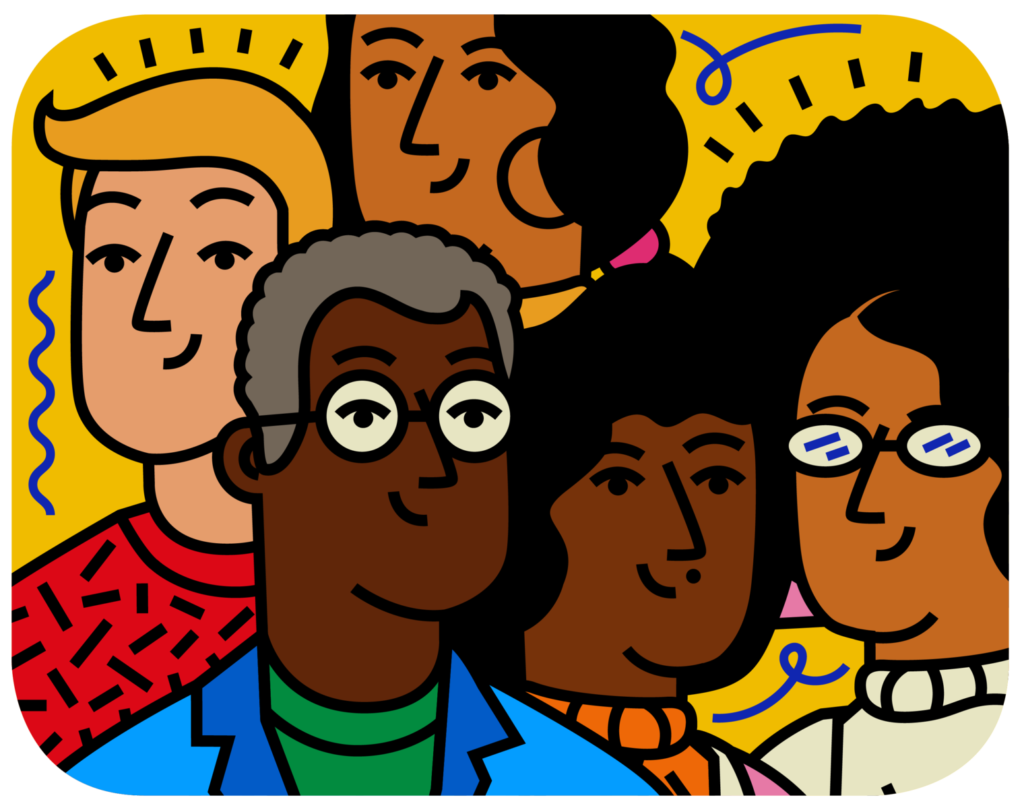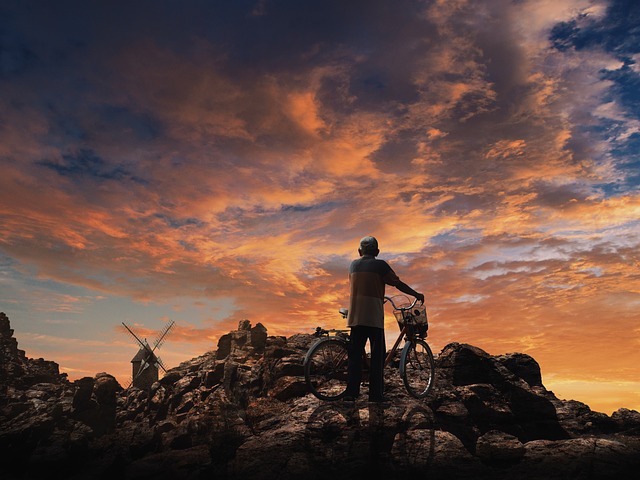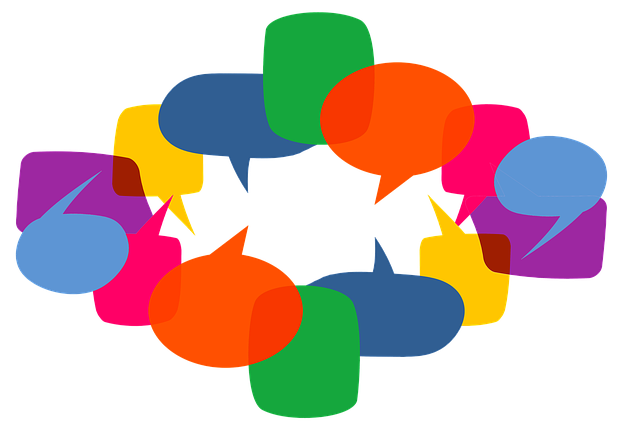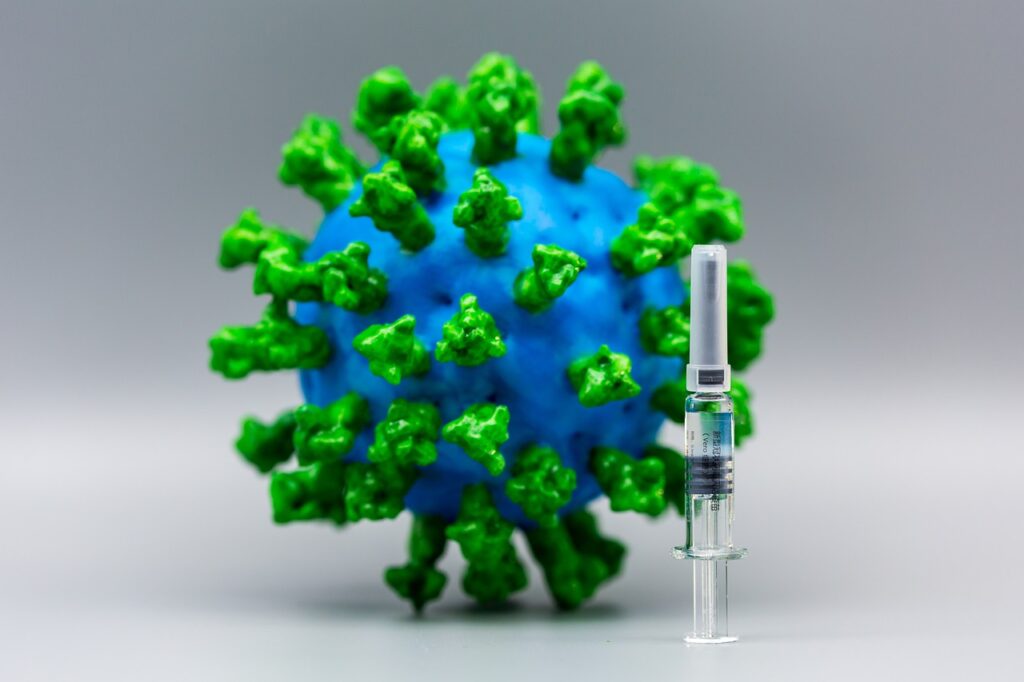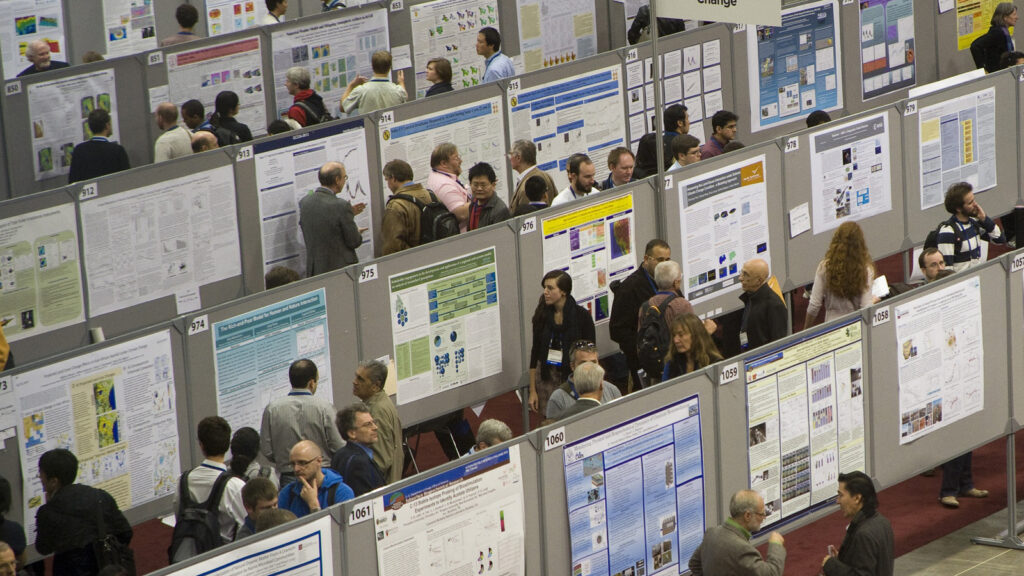A remarkable career of many decades: A conversation with Dr. Sandra Black, 2023 William Feindel lecturer
On the fourth episode of the QBIN podcast I had the opportunity to talk with our 2023 William Feindel Lecturer, Dr. Sandra Black. Through this podcast we explored Dr. Black’s career of many decades, and her views on research and patient care. Along the conversation we also talked about what it meant and what it currently means to be a woman in research, and about the changes in research due to the pandemic. We ended by talking about Dr. Black’s passion for piano and music, and her tips and tricks to have a better cardiovascular health.

